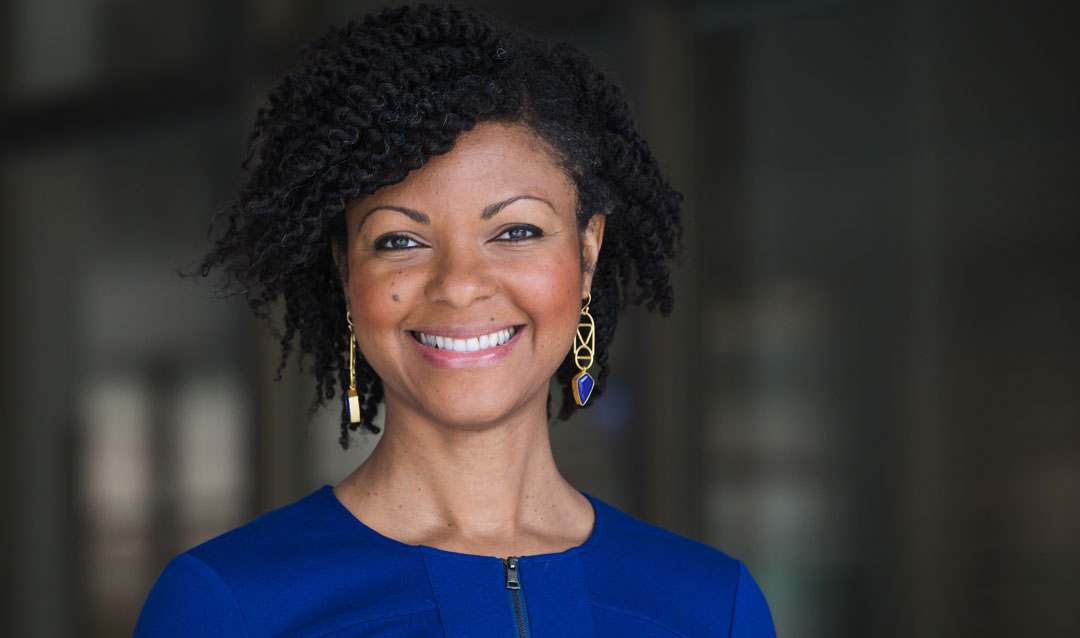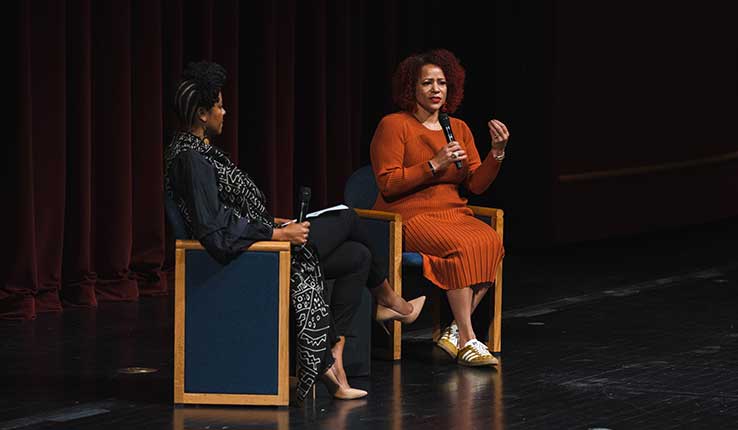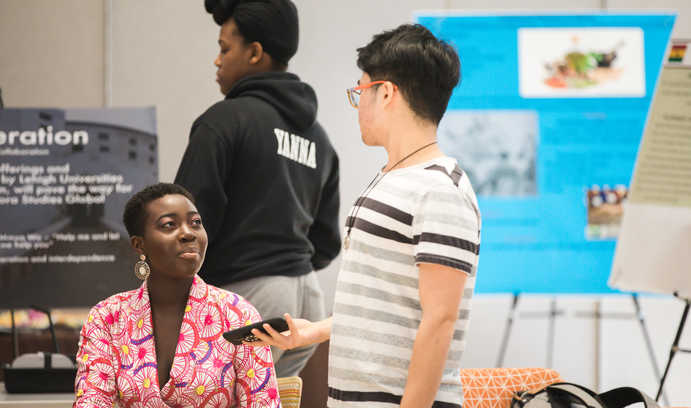Given the political and societal turmoil in the country today, what impact can the Africana Studies program have in the ongoing public discourse over race relations and police reform?
There are two primary ways in which the program’s impact is evident. First, through engagement with students. The courses that the Africana Studies faculty offer provide a forum for students to process our challenging contemporary realities. Students are eager for a medium through which to channel their frustrations, fears and the range of sentiments that the events of the past several months and the broader racial climate have evoked. Second, through faculty engagement with the public beyond Lehigh. The Africana Studies program has a dynamic group of faculty whose scholarship directly confronts the issues we are facing today, and addresses them on global, national and local levels and through our connections with other scholars and activists.
What connections can students make between academic programming and the events unfolding in our communities and halls of power?
Although COVID-19 had constrained our programming for the time being, the Africana Studies program has a history of inviting dynamic guests to discuss salient issues. We are deliberate about holding academic programming that directly addresses current events. Furthermore, we extend the conversations beyond the presentations and into the classroom setting, where we can more directly and thoroughly work with students to integrate extracurricular programming into their course work.
What are your priorities for the Africana Studies program?
I have two immediate priorities for the program. The first is to create a robust curriculum that allows our graduates to enter the next stage of their lives—whether it’s graduate school or the workforce—with a strong understanding of what it means to have graduated with a major or minor in Africana Studies. I want them to understand how the courses they have completed have prepared them and will influence their daily actions and decisions. The new curriculum will give students the disciplinary breadth that they need to understand the full range of subjects that Africana Studies comprises, and it will allow students the option to specialize in a particular area of concentration. Another priority is for the Africana Studies Program to have greater visibility, on campus and beyond, for the innovative scholarship our faculty members are producing.
Considering the unrest and political/legal challenges that are testing our democracy, where do you find hope?
My hope lies in the sustained activism that has been evident over the last few months, particularly on the part of young people. Despite a pandemic that has forced many people into isolation, some activists have taken to the streets while others have found creative ways to make their voices heard. It is a reminder that in the face of ongoing racial inequality and a political climate that tolerates violence against blacks—indirectly, through health inequities and directly through police brutality—there are still those who are brave enough to proclaim in any way that they can, that Black lives matter, and to persist toward that recognition.





